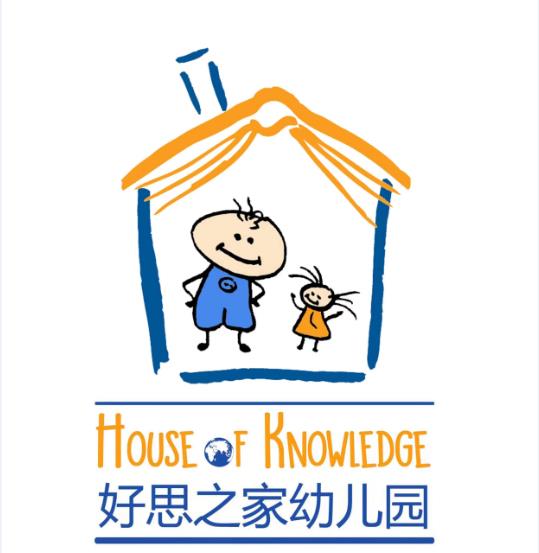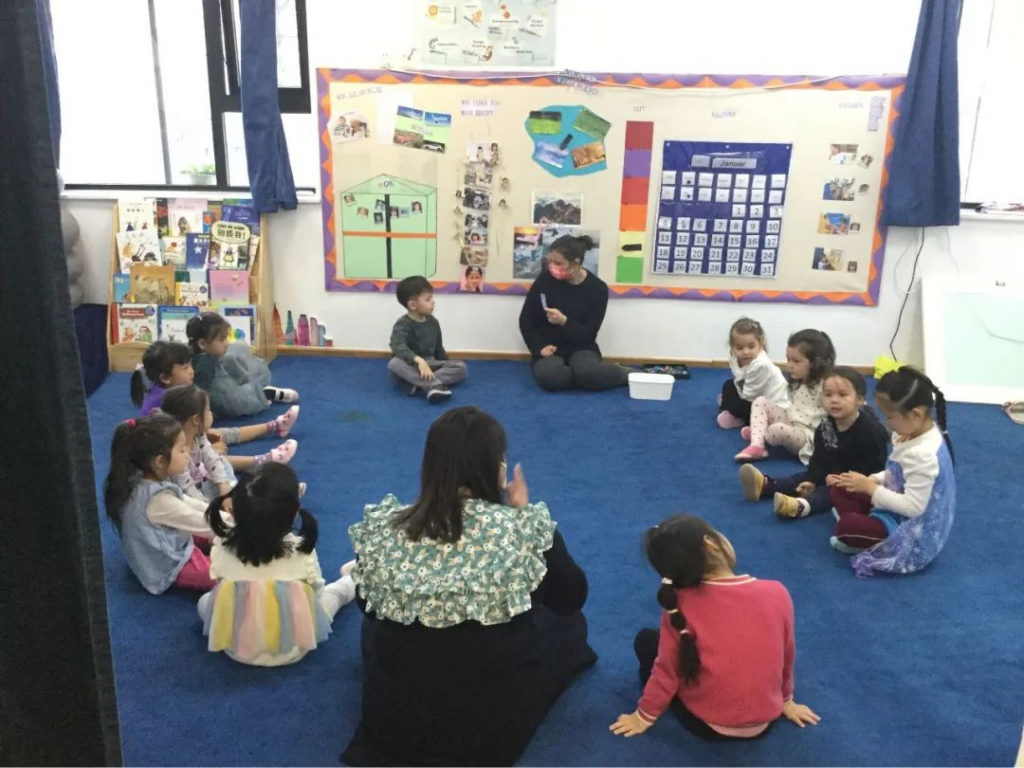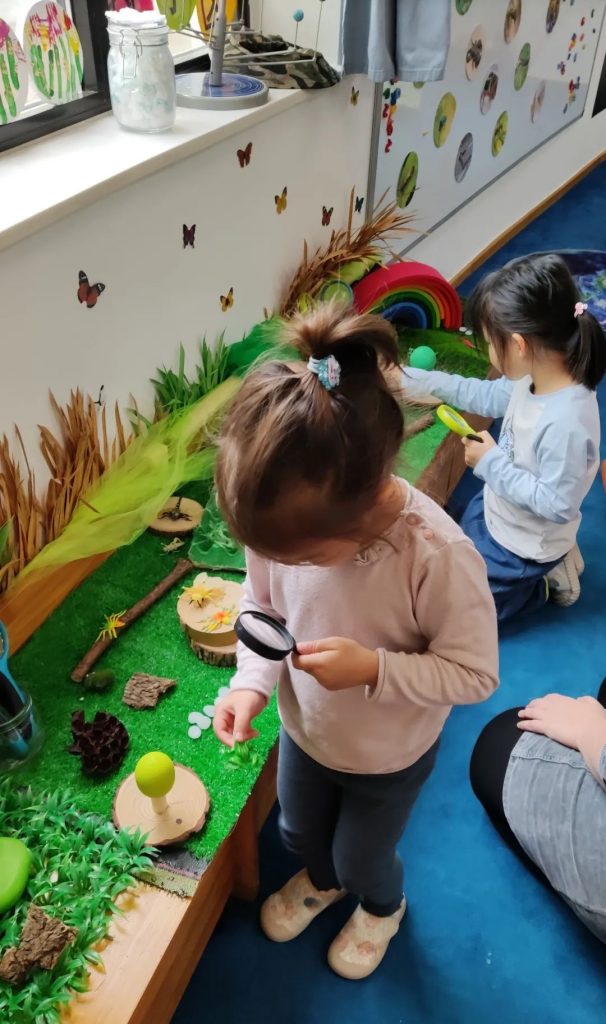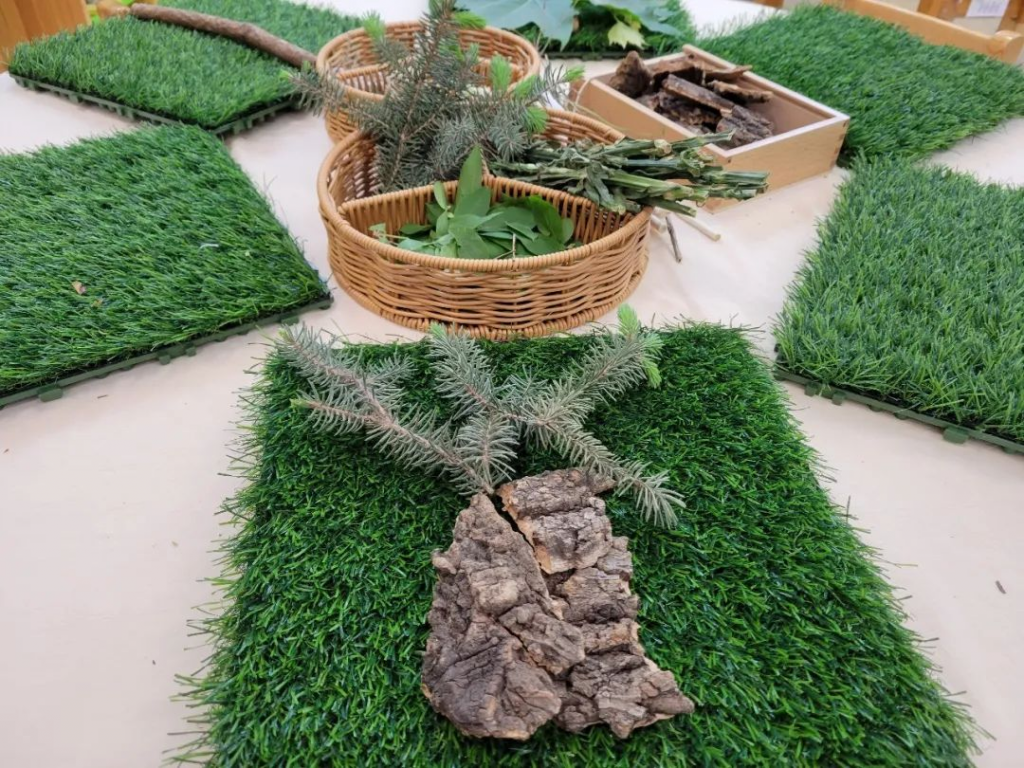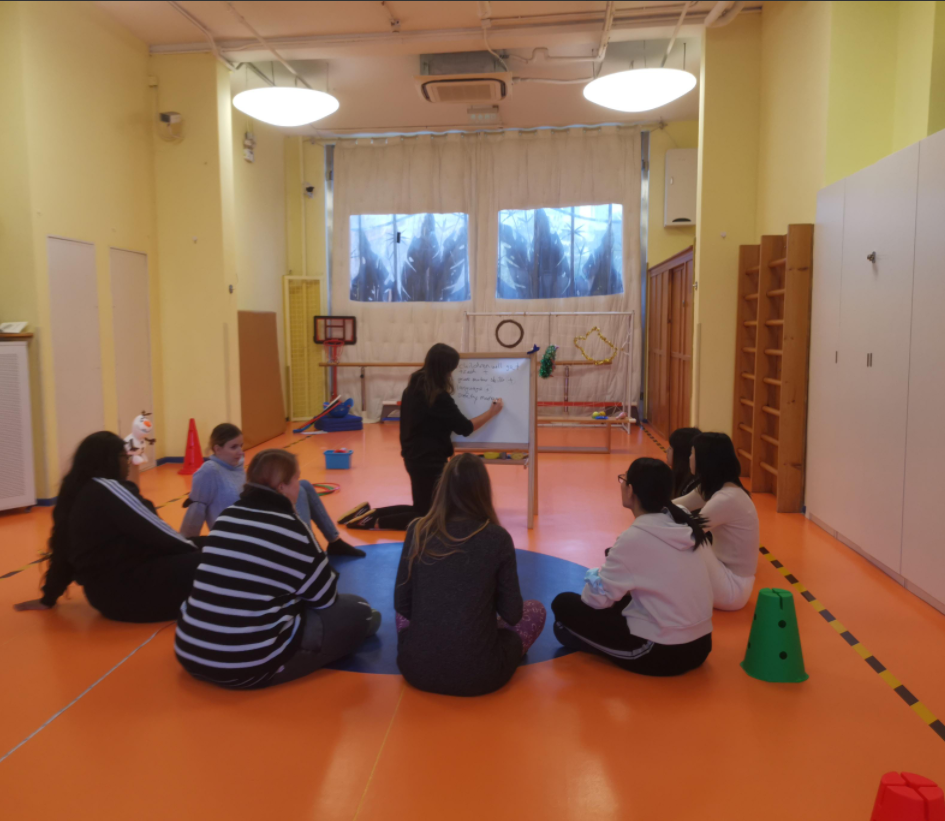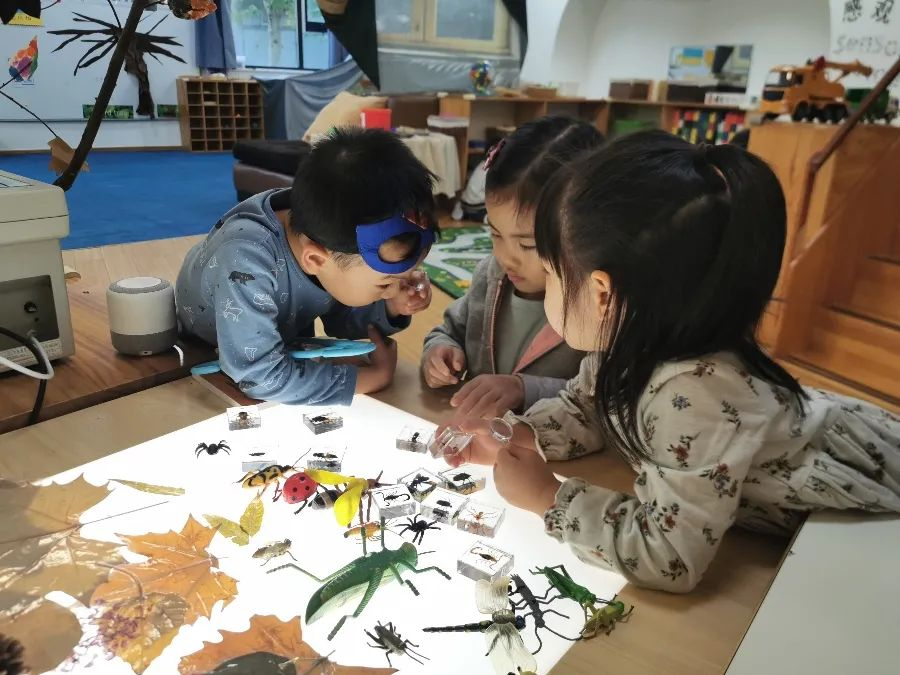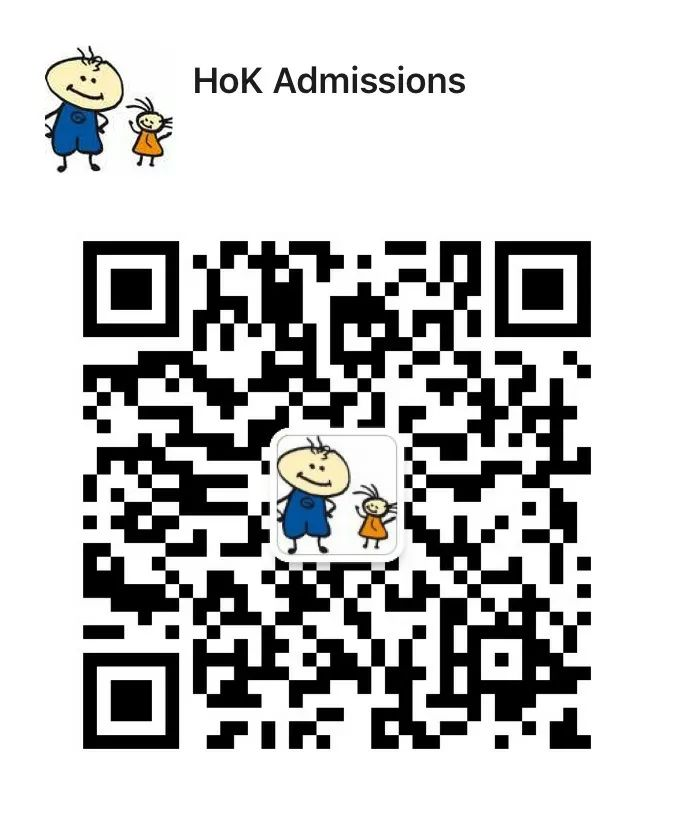Project-based learning in a Reggio inspired environment is our main educational approach here at House of Knowledge. Today, we are very pleased to have inivited Mrs. Tina Ritter, the Principal of House of Knowledge, to share what is Project-based learning holistically from her perspective. Let’s follow Mrs. Ritter to open up and explore our amazing Reggio inspird world!
Tina Ritter, M.Ed., Principal at House of Knowledge. Tina has more than 17 years of working experience as an educator both in Germany and China. Whether as a teacher, researcher, and Principal, Early Years Education is where Tina’s passion lies. She also earned the Medal of Merit in Germany for her work in the education field in 2015.
Children learn best if given the chance to explore the world around them. Learning, based on real life projects, is a great way to foster the holistic development of children in the early years and beyond.
Research shows clear evidence that rigorous project-based learning (PBL) has a strong effect on student achievement. Programs that use project- based learning improve on certain aspects of cognitive, physical, creative, social and emotional learning.
I am very proud, that at House of Knowledge, I get the chance to work with my educators and children alike in implementing the project-based learning approach into our every day kindergarten life.
I would describe myself as a very hands on principal, while at the same time giving my teachers a lot of freedom to express their own ideas, which is in my opinion, a vital part of PBL.
It is part of my responsibility to monitor, implement and improve our educational program and I always thrive to be there for my teachers and give them support and feedback, both emotionally, theoretically and practically.
I spend time in the classrooms and I review the lesson plans and project plans that my teachers send me weekly. For our professional development training I design and create materials, contents, and real life examples while always keeping the newest research in early childhood education in mind.
We provide our educators with ongoing professional development and training to help them do project based learning well. The key areas to help set up our teachers for success in regard to project-based learning are:
•Observing Children
•Principals of PBL
•Inquiry-based teaching methods
•Classroom Design and material setup in PBL
For teachers it can be a very interesting and refreshing experience to first implement project – based learning into their classroom and start a learning partnership with the children in their class.
Teachers need to be able and willing to observe their children on a regular basis, both, individually and in group settings. Teachers need to accept their own role as learners and researchers in their own classroom and give children learning opportunities that cover most, if not all developmental areas within their project frame, while also taking differentiated learning for different ability and age levels into account.
Educators at House of Knowledge therefore enhance their knowledge in specific training sessions on how to observe children, how to collect and classify the information, and how to assess children in order to help with their developmental milestones.
This is an ongoing process in every PBL classroom and of great importance to be able to achieve the desired learning expectations for every individual child.
1.Holistic learning
2.Experiential learning
3.Spiral learning
4.Exemplary learning
5.Autonomy, Co-determination and Child Orientation
The interests, needs and wi
shes of the children are taken into account. The project only lasts as long as the children are intrinsically motivated.
Our teachers understand through experience and implementing above principles and accepting their role as learners and researchers in their own classroom to give children the opportunity to be part of their own learning path.
The natural curiosity of young children is nurtured through inquiry. It is vital for teachers to be able to ask inquiry based questions and apply inquiry- based teaching methods.
They will use these methods to help the children to get to know other aspects of each project such as: observing, investigating, experiencing, reflecting, talking, acting, moving, singing, creative and artistic expression methods who need to alternate and build on one another while asking questions that foster and empower children in their creativity and imagination.
At House of Knowledge our classrooms will be used as a third teacher and the classroom setup and design is ever changing and needs to be adapted for each project.
The same goes for material that is being purchased and/or made in collaboration with the children to make learning visible.
Our educators exchange ideas and experiences in weekly meetings. Resources, material and toys are being swapped, exchanged, and reused throughout all our classes which is a very valuable way of collaborating and building on knowledge that our educators have.
Summary
It is most rewarding for me to never stop learning and to implement high quality project- based learning into our educational program. At the end of the day, this is what PBL aims to do – to create life-long learners, no matter if it is young children who are just starting their learning journey or us educators who have more years of learning experience but nonetheless so much more to experience and gain. Always.
If you want to know more about our educational program at House of Knowledge, please scan the QR code below to get in touch with us. Come to meet our principals and get to know our Campus.
Scan QR code below and arrange a campus tour with us!
